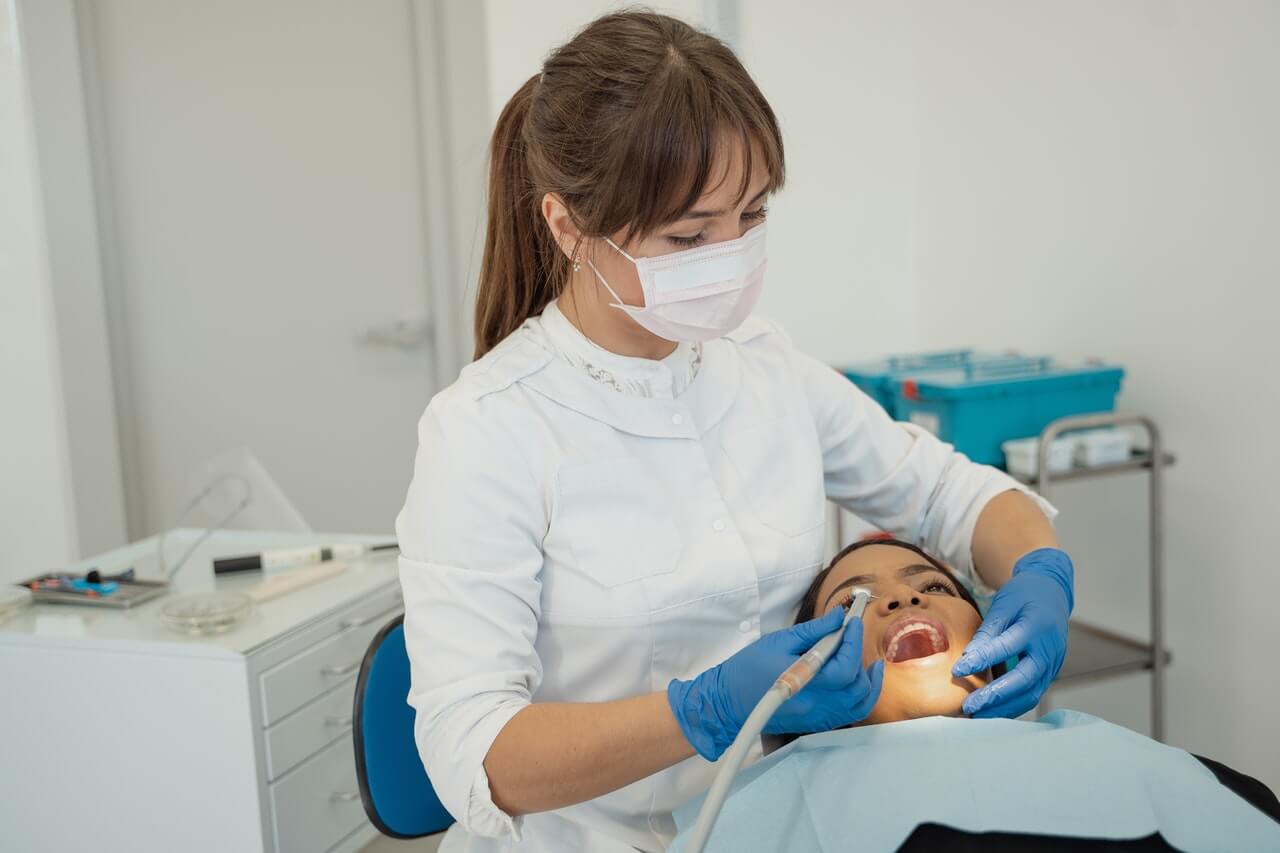Nearly 80% of Americans have gum disease, but many may not realize it. Gum disease, also called periodontal disease or gingivitis, occurs when plaque hardens into calculus, causing the gums to recede and inflame. Seeing your dentist in Roanoke regularly is a part of good gum health – and necessary to prevent the potential risks and repercussions of gum disease.
Five facts to know about gum disease are:
1. It is a Common Condition
While many people are conscientious about their teeth, fewer pay attention to maintaining healthy gums. Your jaw and gums help stabilize and support the teeth, so gum inflammation impacts the stability of the teeth. When gums recede and become inflamed, you lose this critical support for your teeth. The end-result could be tooth loss.
2. There are Early Signs
Are you aware of the signs that you could have gum disease? Bad breath is a common symptom, and it should steer you in the direction of vigilant oral care to prevent it from becoming worse. If you see pink or red spots on your toothbrush or floss after using, this could also point to gum disease. Do your gums feel tender or sensitive to the touch? There are all signs that you should visit your dentist for a cleaning and dental exam. Also, watch for gums that seem to pull away from your teeth or any loose, wiggly teeth that you may have; make sure to report these symptoms and signs to your dental provider at your next appointment.
3. Serious Health Issues
So, besides bad breath, what are the repercussions of not treating gum disease? It can lead to serious, life-threatening infection in some cases. Tooth decay is the number-one cause of tooth loss in adults, impacting how you eat and speak, which makes it a serious health issue.
4. It Can Be Prevented
The simple truth is that gum disease is easily preventable; so why do so many people have it? It is easy to become complacent about oral hygiene, but it is the only way to prevent and avoid gum disease. Brush for at least two-minutes twice daily and floss every single day. Make sure that you visit your dentist at least every six months- but go with whatever your provider recommends based on the condition of your dental health.
5. Seeing a Dentist is Key
The best way to determine if you have gum disease – as well as how advanced it has become – is by visiting your dentist regularly for check-ups. The provider will examine your gums for signs of inflammation or recession, as well as take x-rays of your mouth and jaw to assess the stability and support. Through descaling and cleaning, the dentist may be able to reduce the plaque around the gumline, which will alleviate receding or inflamed gums. The best way to prevent and treat gum disease is through regular visits to your provider at Irby Dentistry. Dr. Ramsey and Dr. Irby are ready to welcome and serve patients of all ages- creating a comprehensive continuum of dental care across the lifespan. Call to schedule your appointment today. Helpful Dental Tips









